How Are We Doing?
Circle of Blue’s newsdesk editor Aubrey Ann Parker wants to hear from you, the audience.

For most people, I think, any one day is much like the next: Sleep. Eat. Work. Play. Repeat.
Still, certain days manage to stick out as something special: Saturday. Sunday. Birthday. Holiday.
That’s in big part because they’re reminders — whether weekly, monthly, or annually — of something that, for whatever reason, was out of the ordinary.
On that note, we at Circle of Blue have been doing a lot of introspection since New Year’s Day. With the close of 2012 and the fresh promise of 2013, I’ve been working especially hard to make sure that I’m steering the #waternews desk in the right direction — I’ve been culling all our stories from 2012, picking out the top 10, and looking to what stories 2013 may hold. I’ve also been analyzing data on how many visitors we had last year, how those visitors are finding us, what search terms they’re using, where in the world those visitors are located, and how long those visitors are staying on our page. In other words, whether they’re deciding that our content is worth reading.
I’d like to share a few quotes from a great op/ed that I read recently on the future of journalism (full disclosure, there’s a link back to us in the “short list of critical issues that journalists should be working on”).
“A constant and frequent complaint about journalism is that it concentrates almost exclusively on what is happening now, and not the future… [We need to be, now] more than ever, looking into the future. Not to pronounce on things we can’t know… but to focus on the long-term strategic issues that set the context within which politicians and institutions plan and which will be of enormous importance to us, and even more, our children. Understanding, describing and making intelligible these large questions is holding power to account, is informing the citizenry, is covering the significant.” –John Lloyd, Reuters
“…there’s a very large amount of easily accessible material on [the short list of critical issues that I think journalists should be working on]. But they tend to be written by and speak to circles of experts, policymakers, and enthusiasts, and are frequently arcane for most readers.” –John Lloyd, Reuters
“…the trend in a lot of the media is toward more scandal, more controversy and more opining. There are publications and broadcasts and news agencies that are wedded to objective reporting, investigation, and rational analysis, but they are in the minority, and a lot of them are finding it hard to make a living these days…” –John Lloyd, Reuters
On the first quote: Just two weeks ago, our senior editor Keith Schneider visited the Environmental Journalism class at the University of Michigan, my alma mater. In my opinion, the future of journalism does not only rest in the hands of those who are currently working in the industry and those who are consuming the news put out by present-day journalists. Rather, there is equal weight placed upon the upcoming generation — again, both those who want to be news producers and those who will only ever be consumers — because they can perhaps more easily see how our current models are broken.
I think it will take collaboration of all these parties to find a way to patch the gaps and the voids in today’s reporting, mentioned in the op/ed by John Lloyd of Reuters.
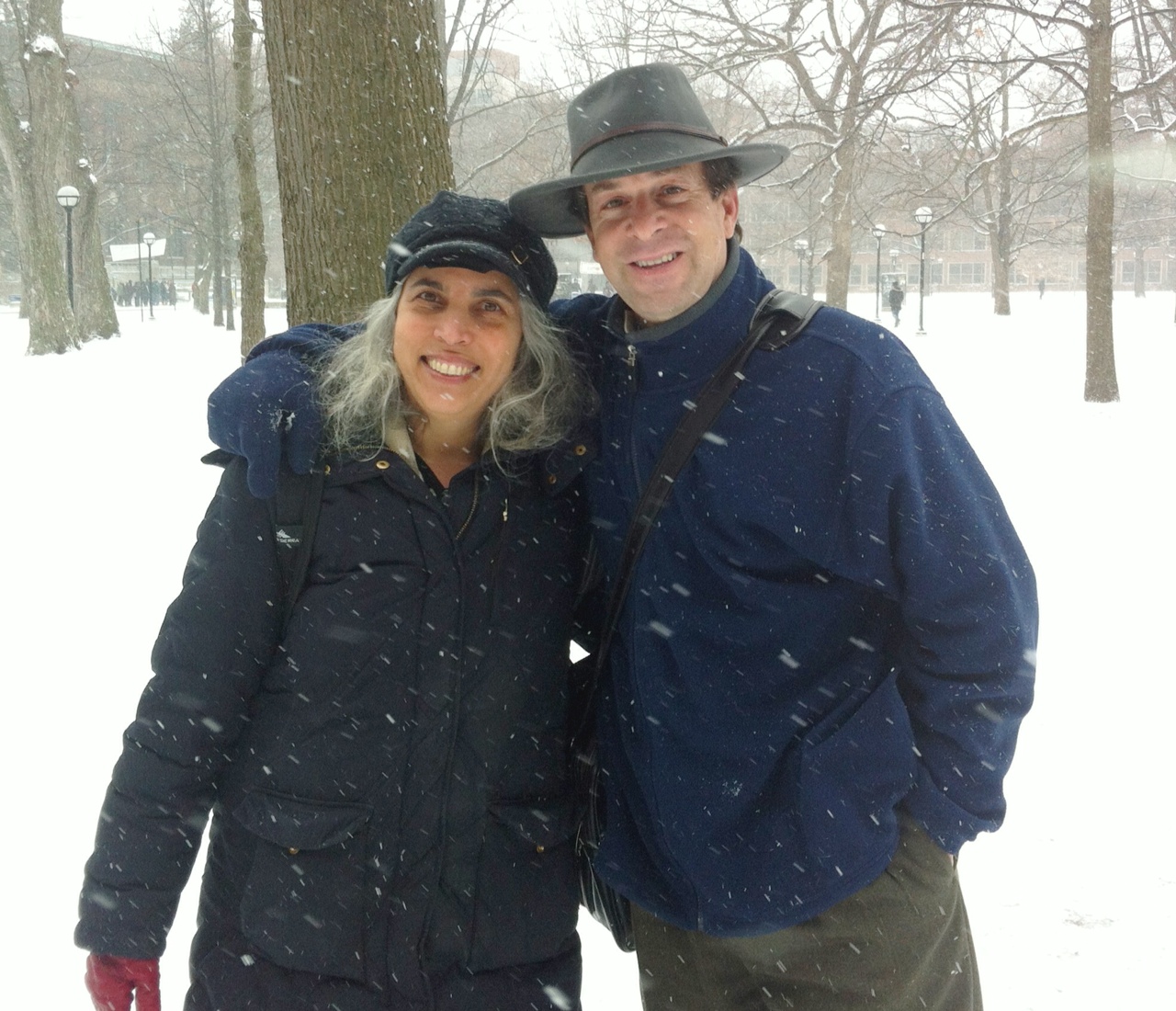
On the second quote: One way to patch the gaps and the voids is to actively critique those who are now reporting the news, as the Michigan students did in this critique of our 2013 waternews predictions. One thing that the students mentioned over and over again was that they felt that the article didn’t do enough to explain why water issues matter to the Everyday Joe. The students also said that they felt overwhelmed by the plethora of stories in the article and wished that more background information had been provided. In my response to the students, I tried to explain that part of this is because we — perhaps too often — assume that our audience has a general knowledge of the global water crisis.
I want to emphasize that this kind of interaction between the storytellers, the subjects of their stories, and those who read the stories is critical. And, fortunately, I believe that the dialogue between these three players is becoming easier in the days of the Internet and social media — free, unrestricted content means more readers consuming more news from the mouths and minds of more journalists in more varied places around the world. More, more, more.
But, bringing this back to the self-analysis that the New Year brings, as John Lloyd of Reuters and the Michigan students both probably agree, the Everyday Joe likely doesn’t know much about water issues. And the Everyday Joe is not the average Circle of Blue reader.
On the third quote: To do the investigative reporting that you’ve come to depend on us for, we at Circle of Blue depend on the tax-deductible donations of readers like you. Which is a huge part of the reason that we care so much what you — and the Everyday Joe — think. In my opinion, all news should operate in this kind of a positive-feedback loop: You read. You tell us what you thought about it. We adjust our reporting style based on your thoughts. You keep reading. You donate. We keep reporting. Repeat.
——————————————————————————————————————
So now that you’ve read this Circle of Blue post — whether you’re an avid fan or this is your first time visiting our site — it’s your turn to get in on the conversation. I want to hear from you: how are we doing? Do you feel like you understand and/or are connected to the issues that we report on, or do you find them obtuse and/or boring? What are the trends that you think that we should be following? Where are the #waternews stories happening? Are there ways that we can bring the global water crisis to the masses? What haven’t we thought of? Please, let us know. (And, in the spirit of propelling the future of journalism, let every news organization you read know what kind of job you think they’re doing.)
Email me at circleofblue.org/contact, send a tweet to @aubreyH2O, Facebook us, or comment below.
–Aubrey Ann Parker, newsdesk editor
is a Traverse City-based assistant editor for Circle of Blue. She specializes in data visualization.
Interests: Latin America, Social Media, Science, Health, Indigenous Peoples

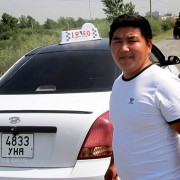
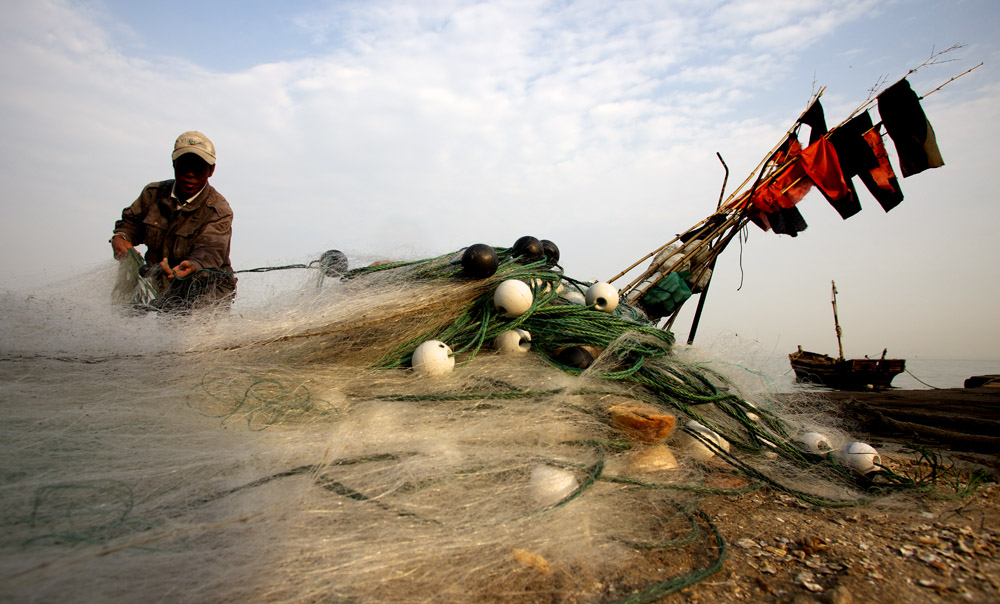
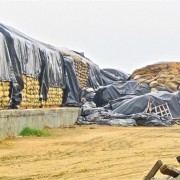


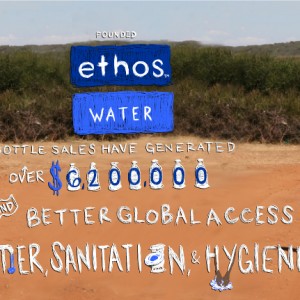
Addressing point 2, I think that getting people to understand why something coming in the future matters to them now is a problem for more than just journalists. Historically, getting people to care about something that isn’t affecting them yet has been difficult, at best.